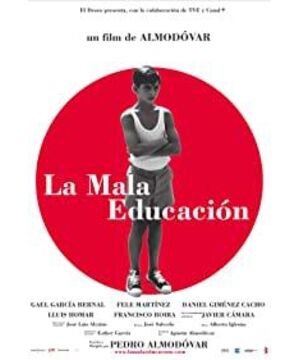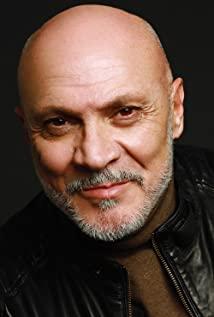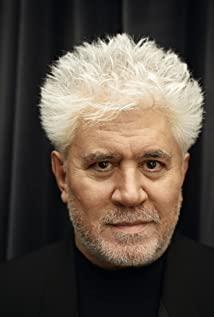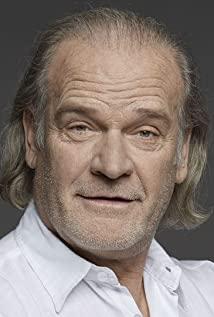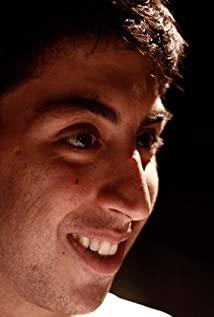"Bad Education" also belongs to realism in my opinion. The director will not write a happy ending or a poignant and moving ending in order to cater to the audience's good wishes. Pay attention to the word "beauty". In short, whether the ending is sad or happy, this Seed films have to be beautiful. But the director did not, or he intended to present a very pure and beautiful picture to the audience at the beginning, and then slammed a reality to erase all the beauty before. In the middle of the film, especially in the clips about the protagonists' childhood, the whole picture is permeated with pure and even holy beauty, and the ending also reflects the mainstream values of punishing evil and promoting good in a sense, but in the process of watching, I always feel It is a process in which "ugly" or "reality" constantly overthrows "beauty" or "ideal". Watching a movie is like a dream. Then watching "No" gave me the feeling of Inception: I had a dream, woke up, then entered the next dream, woke up again, and then the next one. . . In this way, until the end of the film, a big burden shakes, instantly overturning all previous predictions.
The setting of the film makes people think at first that Juan is the Ignacio who grew up. Such a pure and beautiful little boy with a wonderful voice like from heaven. When he grows up, it is logical that he should be the sunny and handsome Juan. But in reality, Ignacio has become a bizarre-looking (if I'm allowed to use that word, because it doesn't look pretty) trans addict. It is in appearance that the ugliness overturns the beauty.
On the other hand, the one who killed Ignacio was not the big villain priest (or he was not the mastermind) who was set up from the beginning. The one who really decided to kill him turned out to be Juan, who seemed to be motivated by sunshine. He murdered his own brother, and he can pretend to be him as if nothing had happened, and live as if nothing had happened. It is human nature that ugliness overturns beauty.
In fact, everyone here is a combination of beauty and ugliness, good and evil:
when Ignacio grew up, he looked weird and did a job that most people despised, but he never stopped writing literature, and his love for Enrique has always been No change, that feeling of giving everything for a person, no matter who it is on, is moving.
Juan's words are good-looking, beautiful, charming and motivated, but his heart is cold. He has never loved Enrique, nor a priest, nor his brother. He only loves himself.
The mainstream villain priest in the film is even more typical of beasts in clothes and beasts. Needless to say, he has done all kinds of pickled things. However, he still has a shining point in the film, that is, he really loves Juan and does not hesitate to give up his own. family and reputation.
At the end of the film, except for Enrique, there is almost no happy death, and at the end, when Enrique is still creating with passion, the word "Passion" (passion) is especially enlarged.
In my opinion, what passion is, may be the ability to dream. In fact, everyone mentioned above, their goodness and their likes and dislikes come from this: Ignacio's dream is to write, it is Enrique, this is his hope, even if life is difficult, he wants to live well; Juan; He wants to succeed in his career, so he actively strives for every possible opportunity, but at the same time, he will not hesitate to use any means, even at the cost of selling his own body; the priest's dream is actually same-sex love, so he does not hesitate to violate his own beliefs and give up the accumulated experience for many years. reputation.
The ending of each person in the play is closely related to his own dreams, so as the title says, it is not so much a bad education as it is a harsh lesson from reality to dreams. People have to have dreams, and dreams are the pillars of life. The question is how to make dreams and reality get along well, whether to use the temperature of dreams to warm oneself and illuminate others to melt the cold reality, or to become colder and harder than reality and remove all obstacles one by one, this may decide a person. ending.
View more about Bad Education reviews


